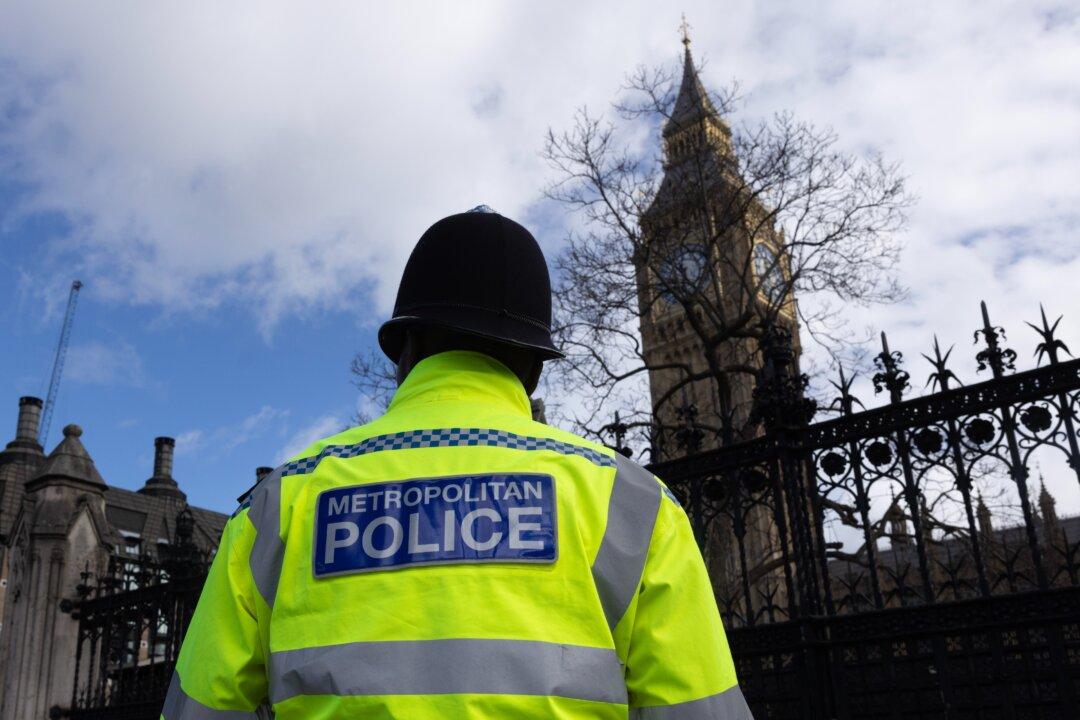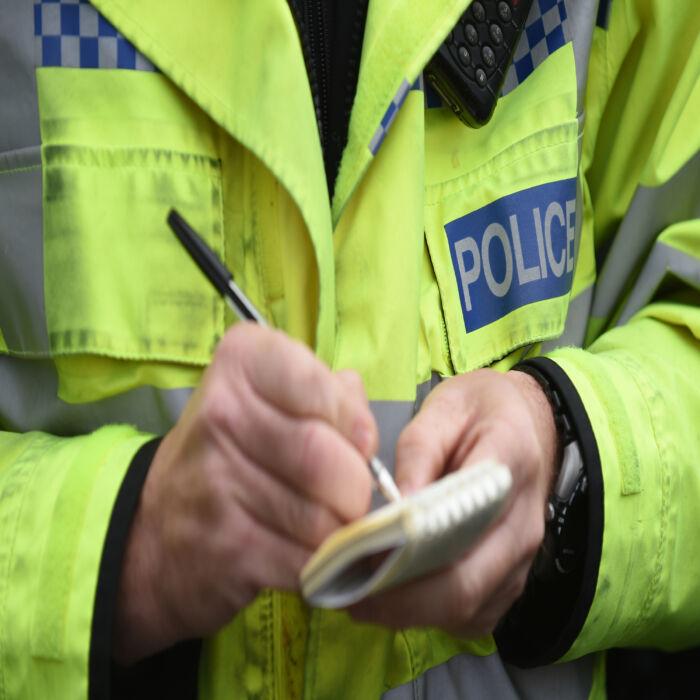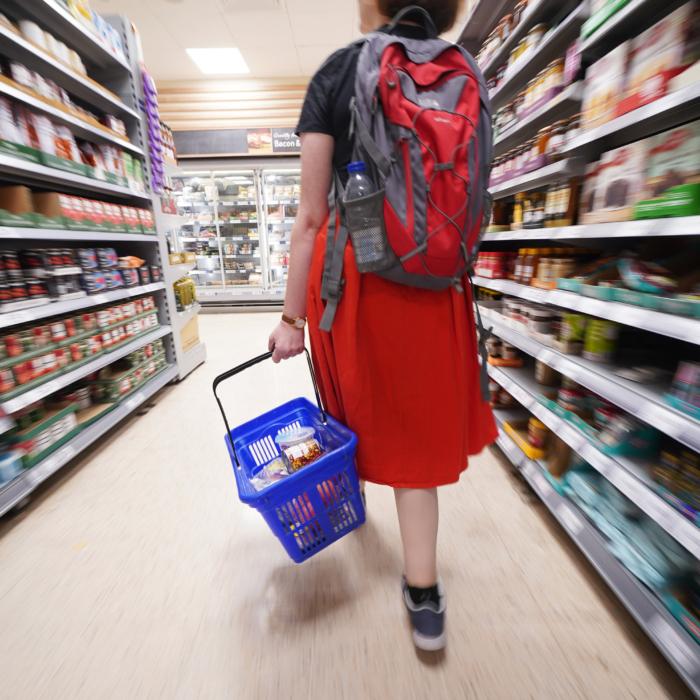London’s Metropolitan Police has reported an increase in its robbery response rate after it stopped being the automatic first responder to emergency mental health callouts.
The Met said in a statement on Thursday that since the launch of the Right Care, Right Person programme six months ago, officers are attending 500 more in-progress robbery calls a month, which is an increase of 18 percent.
Officers are also responding to emergency calls more quickly, attending emergency calls within 12 minutes, 6 percent faster than before the programme was implemented.
Police are spending 21 percent more time with victims on the scene compared to the same period last year, Scotland Yard said.
Right Care, Right Person is a national initiative where forces partner with the NHS, social care teams, and other relevant partners to more effectively triage those experiencing mental or other health crises to appropriate services, rather than police being the default first point of call.
Freeing London Officers from 6,000 Incidents Per Month
Scotland Yard said Right Care, Right Person has freed up its officers from more than 6,000 incidents per month since its launch, saving 34,000 officer hours, with deployment to such incidents falling from 41 percent to 29 percent in the same period last year.Commissioner Sir Mark Rowley said: “Officers are increasingly able to do a better job for the capital by responding to and tackling the things we know our communities care about. This is exactly the type of change we’ve promised to London and I am delighted with the progress we’ve made.”
Programme Could Save 1 Million Officer Hours a Year
The changes were initiated by former Home Secretary Suella Braverman, who had sought to “rectify what has clearly become a systemic problem.”“From day one it’s been my mission to reduce unnecessary burdens keeping police from their primary focus—fighting crime and keeping people safe,” she said.
Shoplifting Hits Record High
Last month, data from the Office for National Statistics showed that shoplifting offences in England and Wales had hit the highest level in two decades, with there being a 37 percent increase between 2022 and 2023.James Lowman, the chief executive of the Association of Convenience Stores, said the rise was not surprising. He said the data represented only a fraction of the true volume of thefts as the vast majority of incidents ended up not being reported to police “because of the time taken to report the crime and the lack of follow-up from the police.”
Mr. Lowman said, “Thieves are stealing on a regular basis without fear of apprehension, so it’s essential that every police force in the country takes theft seriously, not least because challenging thieves is one of the biggest triggers for abuse of shopworkers.”
In 2023, Co-op recorded 336,270 incidents of shoplifting, abuse, violence, and anti-social behaviour across its food stores, equivalent to 1,000 cases a day.
Mr. Philp said: “The law says that this is still a criminal offence and police should be enforcing it comprehensively.
“Shoplifting affects businesses up and down the country, large and small alike, and often entails violence or threats to retail workers.”
“It should not be tolerated at any level. I expect a zero-tolerance approach to this criminality,” he added.







